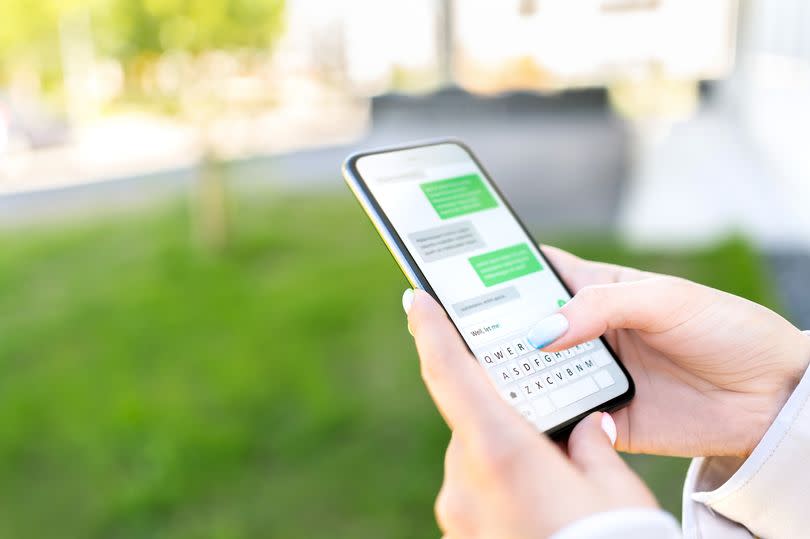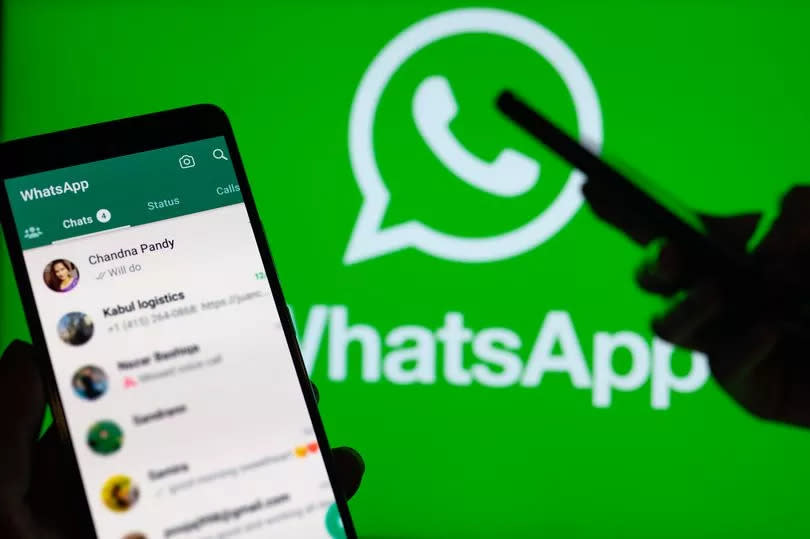WhatsApp users warned over 'nasty' scam that gives hackers full access to app

Experts have issued a stark warning over a 'nasty' WhatsApp scam that allows hackers to gain full control of your account.
Cyber crime is all too common these days and it can be tough to know what's true and what's fake. The social media app has become a prime target for fraudsters who send fake messages to victims asking for money, one being the "Hi Mum" text to parents who are tricked into thinking that their child is texting them.
Now, the latest scam involves criminals seeking out a verification code that, if they receive, could allow them to log you out of your WhatsApp and change its password. Consumer champions at Which? have sent out an alert stating: "This nasty scam continues to circulate and could result in scammers taking over your account".
It begins with the receipt of a legitimate text message from WhatsApp containing a verification code, Bristol Live reports. If you haven't attempted to log in yourself, it could indicate that fraudsters have inputted your number into WhatsApp in an attempt to gain access to your account, thus triggering the verification code text.

Following this, one of your WhatsApp contacts will message you via the app, usually with a fabricated story designed to persuade you to hand over the verification code. They may claim to have accidentally entered your number by mistake.
Due to the message appearing to come from a known contact, many individuals have been duped into sharing the verification code, subsequently allowing fraudsters to hijack their accounts.
Which? reports that after exploiting this loophole, scammers have identified their victims' closest contacts from their message history and have requested money or sensitive information. They could also uncover personal details about you and your contacts from your messages.
This information could be used to access other important accounts, target you with more scams, or even blackmail you. Scammers are likely to carry out the same trick with verification codes with the new set of contacts they've unlocked, gaining access to more and more accounts.
Which? advice on how to keep your WhatsApp account safe
Don’t share your login details or verification code with anybody. Not even your closest family or trusted friends
Set up two-step verification to secure your account
Report spam messages or block the sender within WhatsApp. Press and hold on the message bubble, select ‘Report’ and then follow the instructions
Be wary of WhatsApp messages requesting money, even if they come from your contacts. If you’re not sure, give the friend a quick call to check
If you think you may have given sensitive details to fraudsters, let your bank know immediately. WhatsApp users who have lost access to their accounts can contact support@whatsapp.com.
If you have been a victim of fraud or cyber crime, report it to Action Fraud online or by calling 0300 123 2040.
Join the Daily Record's WhatsApp community hereand get the latest news sent straight to your messages.

 Yahoo News
Yahoo News 
